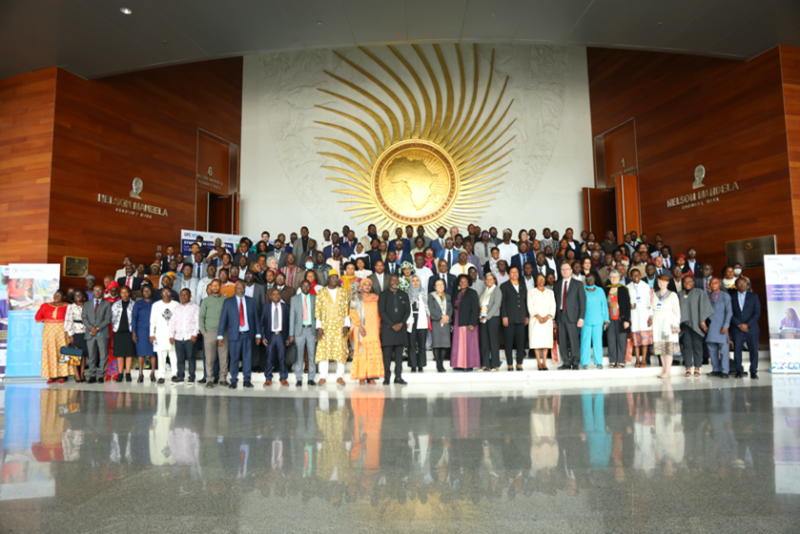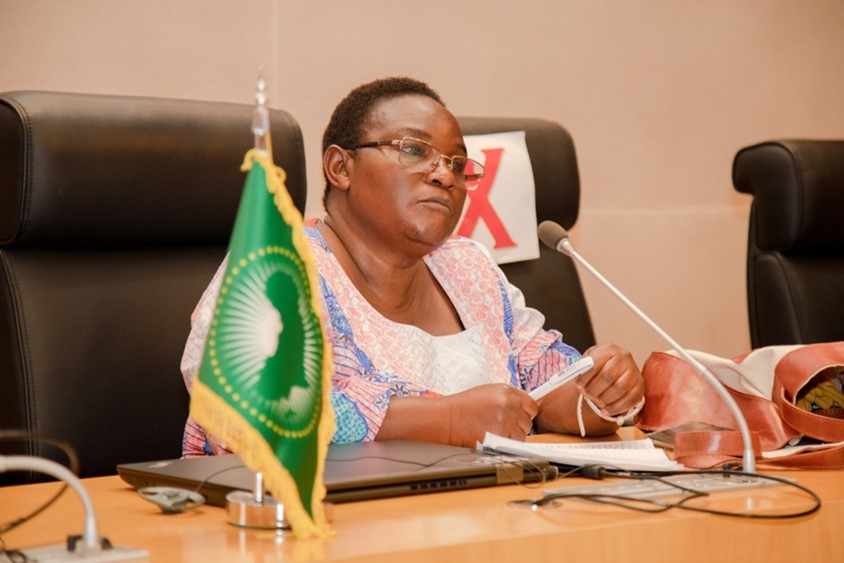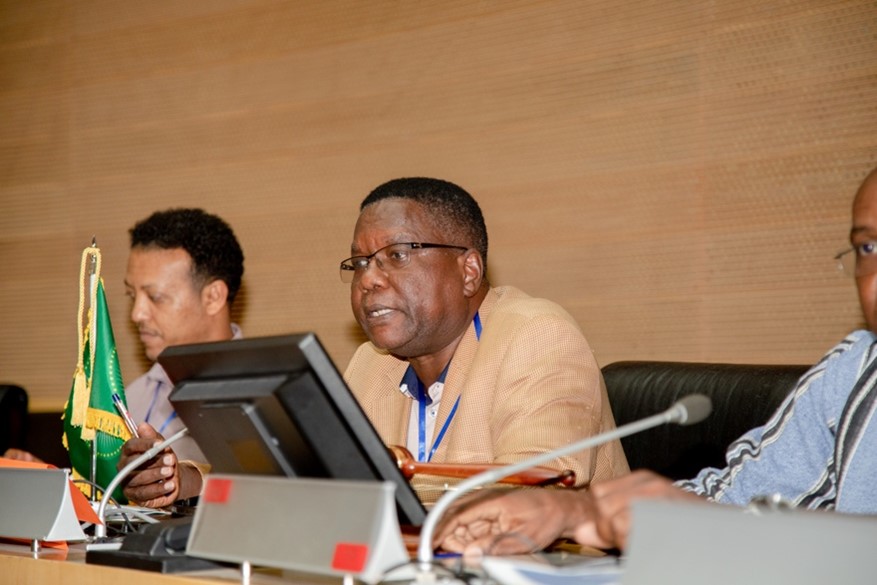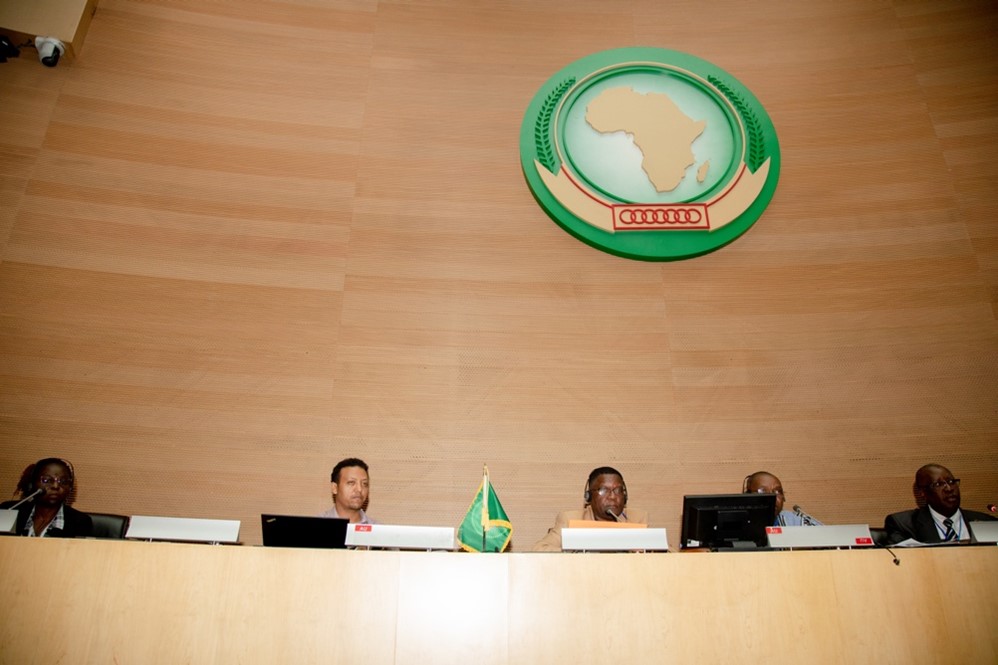
A lot of research is conducted with the hope that it will inform perspectives and lead to policy action. However, this is not always the case in many African countries particularly in the education sector, where many research outputs remain unused. Policy makers in many African countries do not regularly use research evidence or findings to make decisions. This is partly due to the apparently low demand and appreciation of research by policy makers, the technical language used in research reports that limits its practical use, and the lack of fora to enable dialogue between researchers and policy makers. These are the weaknesses that policy makers and researchers who met in a three-day GPE KIX Africa 19 and KIX Africa 21 Inter-Hub Symposium at Addis Ababa from 4 – 6th October, 2022, hoped to reverse. We, the writers of this article, participated in the symposium as researchers, presenters, chairs of sessions and rapporteurs. Outside the symposium, we are also involved in the current KIX research projects and KIX capacity strengthening seminars and activities in Kenya (Margaret Nampijja), and Uganda (Betty Ezati).
The KIX Continental Research Symposium saw more than 280 education stakeholders from 51 countries explore, share, and discuss research data on students’ learning outcomes in sub-Saharan Africa, and about innovations that are raising learning outcomes. The symposium sought to address the gap between research and policy by amplifying evidence from sub-Saharan Africa and putting researchers like us in direct contact with decision makers.
On the last day of the symposium, participants were grouped into researchers, and educationists/policy actors to reflect and generate key takeaways, lessons, and recommendations going forward. We were selected to moderate and to present the points from each group to the main plenary. Below are the reflections that came out of the two groups.
The most important realization felt by the participants is that researchers and decision makers must make a greater effort to collaborate and engage in dialogue. The present lack of collaboration is negatively affecting children’s learning outcomes, transition to higher classes and their retention in school, and ultimately success throughout life. Too often, education research is undervalued, underfunded, and underutilized, and it goes unknown as it gradually becomes outdated.
Addressing the current gap between research and policy making will require constant dialogue, discussion, and collaboration between researchers and policy and decision makers in education, not only when the findings are ready, but throughout the research process, including identifying the problem and the evidence needed, executing the research, drawing a common understanding from the findings, and utilizing the findings for policy change. This close collaboration throughout the research process can realign research interests with policy demands. This connection between the two parties is also likely to achieve greater appreciation and demand for evidence and could overcome common barriers such as the politicisation of research evidence. This in turn will enhance the scalability and sustainability of research findings.
We need close alignment of the research agenda in education with the policy needs at hand. This can be achieved by the ministries of education identifying key research areas and sharing these with universities and research institutions, and supporting them financially to conduct the research. These steps require that research is intentional and demand-driven. However, this collaborative model needs to be well-thought through to avoid conflict between researchers and policy makers, and a scenario in which politicians take over research and subsume the interests and inquiry motivations of researchers and their institutions.
Secondly, researchers should package and communicate research findings in a less technical language that is easily understood by policy makers to encourage its application in decision making. This requires that evidence generated is well synthesized and that researchers’ policy implications and recommendations are clear. Researchers could present their findings in the form of short policy briefs, visualized summaries, and other clear, creative, practical means.
Thirdly, African governments need to set aside and increase funding for research and establish research departments in order to promote the undertaking of relevant research for more-informed decision making. Research projects, research departments, and researchers themselves are sorely underfunded and under-supported in many countries. It is also important to encourage teacher education institutions to include research in their curriculum. This will ensure that teacher education graduates are able to research on their practice which in turn could improve the quality of learning experiences and outcomes. The further establishment of research departments in ministries of education would go a long way in strengthening evidence-based decision making as well as monitoring the translation of research to policy. Ministries should set up digitalised research systems including databases that can host the data, enable access, and visualise it in order to inform real time decisions.
On the global perspective, it is important for governments to use a triangulation approach that enables knowledge exchange and learning across different contributors in the education space (educationists, parents, communities, researchers, facilitators, funders, and policy makers) for more-informed policies and practices. The GPE KIX Africa 19 and 21 Inter-Hub Research Symposium provided a useful platform where different actors in education could jointly review key issues in education and discuss how the desired transformation can be achieved for greater learning outcomes, and ultimately contribute to the human capital that is critical for our continent.
The symposium brought together researchers and policy actors who typically operate at national level. This forum can be replicated at different levels from the school to district, regional and national levels. For instance, issues raised and discussed at the school level could be forwarded for further discussion and possible inclusion at different levels and availed to researchers. This would improve relevance and subsequently implementation of policies.
Dialogue, collaboration, and partnership between researchers and decision makers can contribute to the realignment of the research agenda with policy needs, leading to greater political interest in and social relevance of results, as well as the revaluation of research, leading to more funding and support for research projects and departments. Ultimately, with a stronger research culture fuelled by frequent collaboration between researchers and policy makers, there is a higher chance that research data, findings, and recommendations will be utilised in decisions that affect the African school child.
 Photo: Government and policy actors gather to share their learning takeaways during the KIX Africa 19 and KIX Africa 21 Inter-Hub Research Symposium.
Photo: Government and policy actors gather to share their learning takeaways during the KIX Africa 19 and KIX Africa 21 Inter-Hub Research Symposium. Photo: Researchers gather to share their findings and recommendations during the KIX Africa 19 and KIX Africa 21 Inter-Hub Research Symposium.
Photo: Researchers gather to share their findings and recommendations during the KIX Africa 19 and KIX Africa 21 Inter-Hub Research Symposium. Photo: Participants share evidence, recommendations, and policy implications during the KIX Africa 19 and KIX Africa 21 Inter-Hub Research Symposium.
Photo: Participants share evidence, recommendations, and policy implications during the KIX Africa 19 and KIX Africa 21 Inter-Hub Research Symposium.
